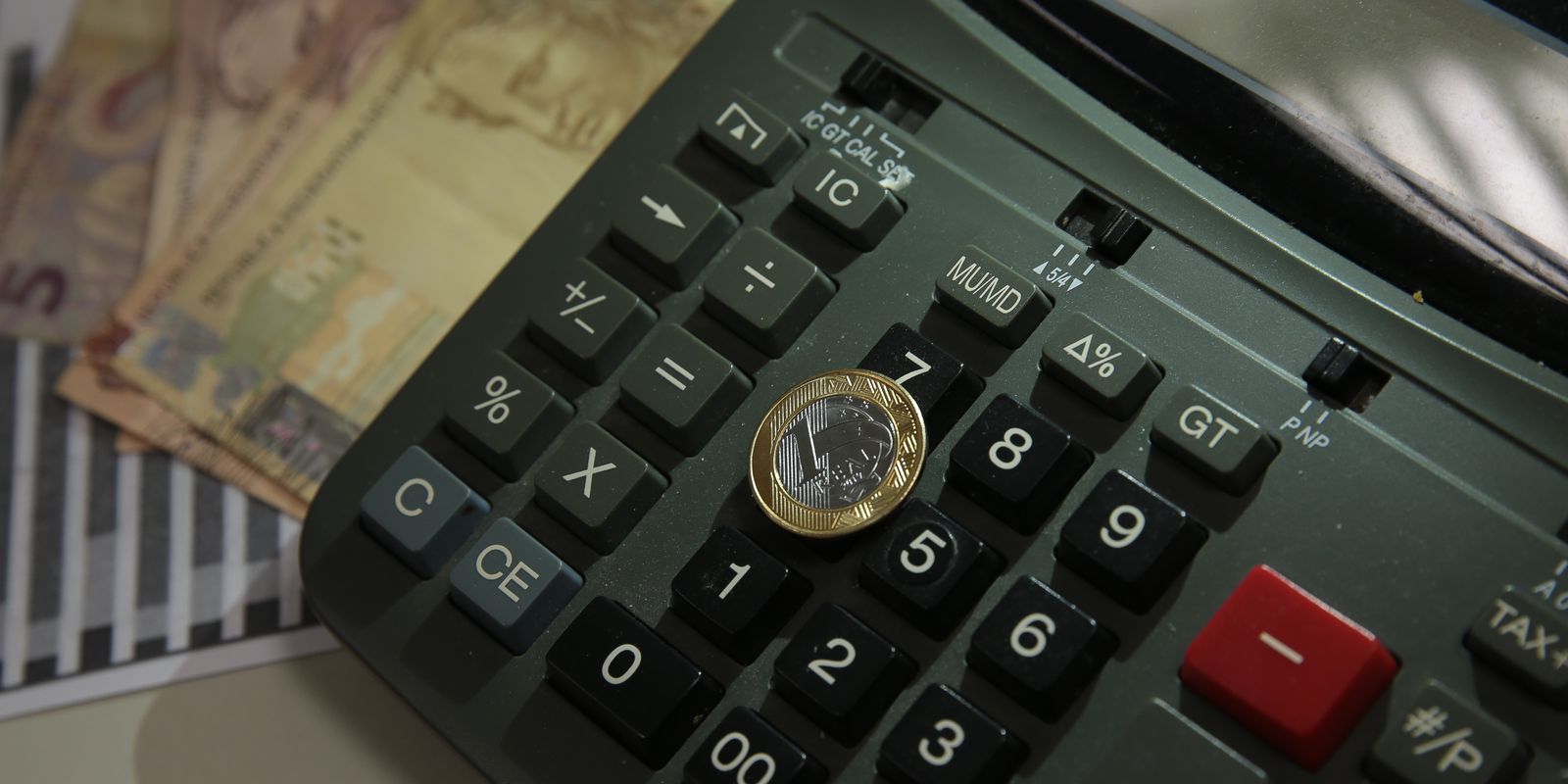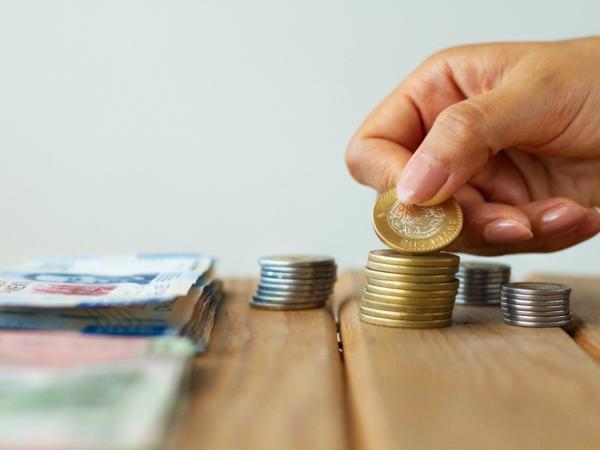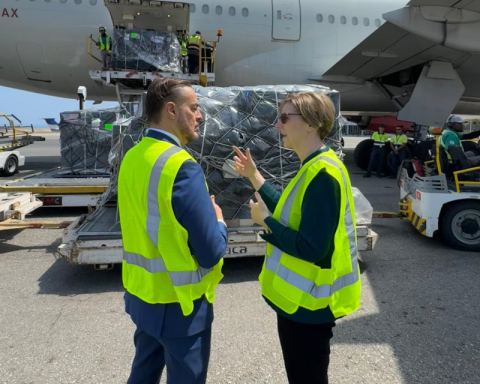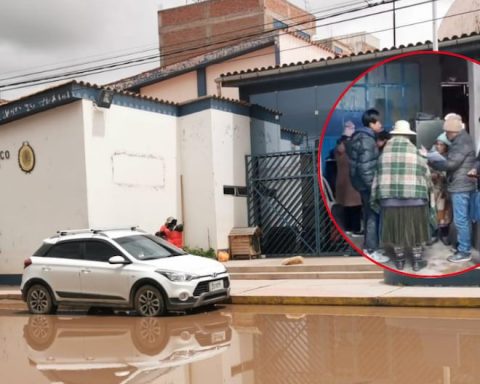For the third consecutive month, Brazil is expected to register negative inflation. If market analysts’ expectations are fulfilled, the Broad National Consumer Price Index (IPCA) should remain at -0.19% in September, according to the latest edition of the Focus bulletin, a weekly survey by the Central Bank (BC) with institutions financial.
Official statistics from the Brazilian Institute of Geography and Statistics (IBGE) will only be released this Tuesday (11). According to experts, the anticipated monetary policy of the Central Bank and the drops in fuel and energy prices are the main factors that make Brazil register inflation below the global average in 2022.
According to André Perfeito, chief economist at Necton consultancy, the behavior of inflation in 2022 is a combination of aggressive monetary policy and external effects on the price of gasoline and energy. “Both factors created a more benign scenario for inflation compared to last year. There is a cumulative effect,” he says.
In the economist’s assessment, the actions of the BC, which started to raise the Selic rate (basic interest rates for the economy) in March last year cannot be ignored. “High interest rates prevented the rise in prices from spreading to more sectors of the economy,” he says. “In this sense, the Brazilian Central Bank was more agile and started raising interest rates before the main economies on the planet.”
Taxes
Doctor in economics and professor at Fundação Getulio Vargas (FGV), Virene Matesco recognizes the importance of monetary policy. She, however, attributes most of the drop in inflation in recent months to the reduction of fuel taxespassed by Congress in June.
“Monetary policy takes longer to act on the economy. The increase in interest rates is already being reflected in the increase in credit and in the greater creation of informal jobs, but the impact on inflation takes longer”, says Matesco.
The economist attributes only 40% of the fall in inflation to the Central Bank. The remaining 60% is credited to the limitation of the Tax on the Circulation of Goods and Services (ICMS) on fuels, telecommunications, electricity and public transport and other exemptions in effect since the beginning of the year.
perspectives
According to the latest edition of the Focus bulletin, financial institutions projected, last week, official inflation of 5.74% for 2022. In June, the expectation reached 9%. For 2023, market analysts estimate IPCA at 5%. The economists interviewed by the report, however, consider the behavior of inflation for the next year to be unpredictable, because of the uncertainties in relation to global geopolitics and the price policy for fuels in Brazil.
“On the one hand, OPEC [Organização dos Países Exportadores de Petróleo] decided to cut the offer. On the other hand, the war in Ukraine may slow down or settle down in the coming months, due to exhaustion on both sides. This can make the price of oil behave better over the next year”, says André Perfeito.
Virene Matesco also highlights the difficulty of making forecasts for the medium term. “At the turn of the year, the economy enters into another dynamic. Inflation for 2023 will depend not only on the political situation in Brazil, but also on international factors. There are several factors that destabilize prices, such as whether OPEC will continue to reduce production,” he warns.
Regardless of the scenario, the two economists agree that the Central Bank will continue to play an important role next year. “We will have a different situation. At the beginning of 2022, only the Brazilian Central Bank raised interest rates. Now he has help from the other Central Banks, which are also raising rates. The fight against inflation is more global”, explains André Perfeito.
“Brazil now has an autonomous Central Bank. The latest Copom minutes [Comitê de Política Monetária] showed that the BC is vigilant with inflation and will not hesitate to raise interest rates if necessary. Brazil has 5% to 6% real interest [juros acima da inflação]. Monetary policy is well under way”, assesses Virene Matesco.
















